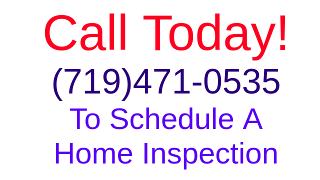Certified Inspection Before Closing
In a typical real estate transaction, the home inspection occurs after the buyer has signed a purchase agreement and before the final closing date. Most home buyers choose to make the closing contingent on the results of the home inspection, meaning that they can back out of the sale if the inspector finds something that is not to their liking and the seller is unwilling to repair it or lower the purchase price to account for it. As a seller, you’re going to want the home inspection to go as smoothly as possible, with little to no major issues detected.Ordinarily, a serious buyer would pay to have a home formally inspected. The goal is to uncover any potential problems before signing on the dotted line, while there’s still time to negotiate. But sometimes, sellers will have their homes inspected before they even put them on the market.
Home inspections aren’t just for home buyers. Home sellers also gain peace of mind by investing in a thorough certified home inspection prior to putting a house up for sale. The last minute discovery of problems by a prospective buyer can lead to time delays, added expenses and can even derail a deal altogether. Your best solution as a home seller is to have a thorough certified inspection done prior to putting the house on the market. This allows you to take care of issues with the building before they become a problem in negotiating a deal.
Pre-sale inspections usually cost between $600 and $800 and the buyer is responsible for paying for the inspection. However, the sales contract on the home will dictate who will pay the fee. Some sellers choose to cover the cost of the inspection in seller concessions, meaning the seller gives the buyer a lump sum of money at closing to cover the inspection cost.

